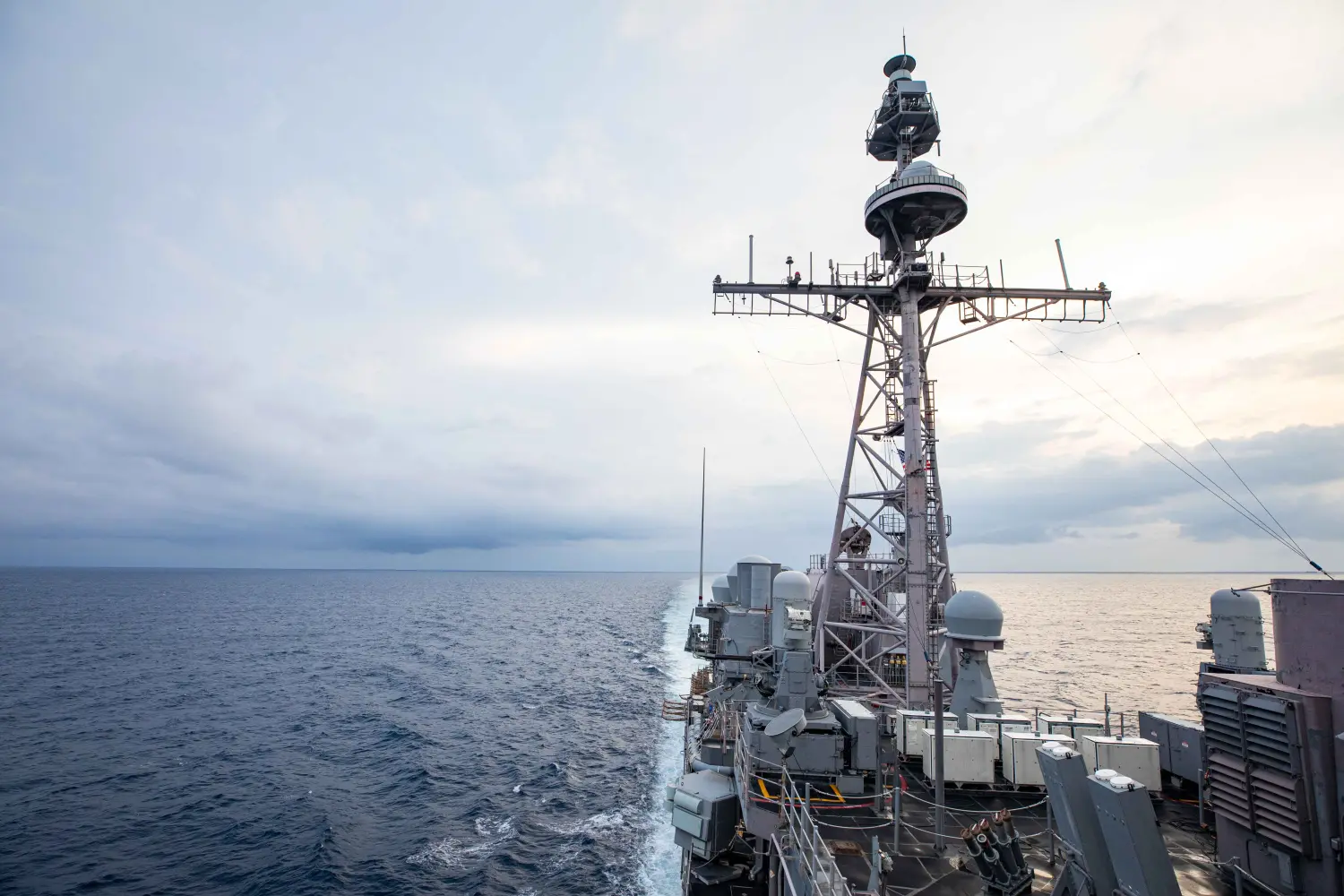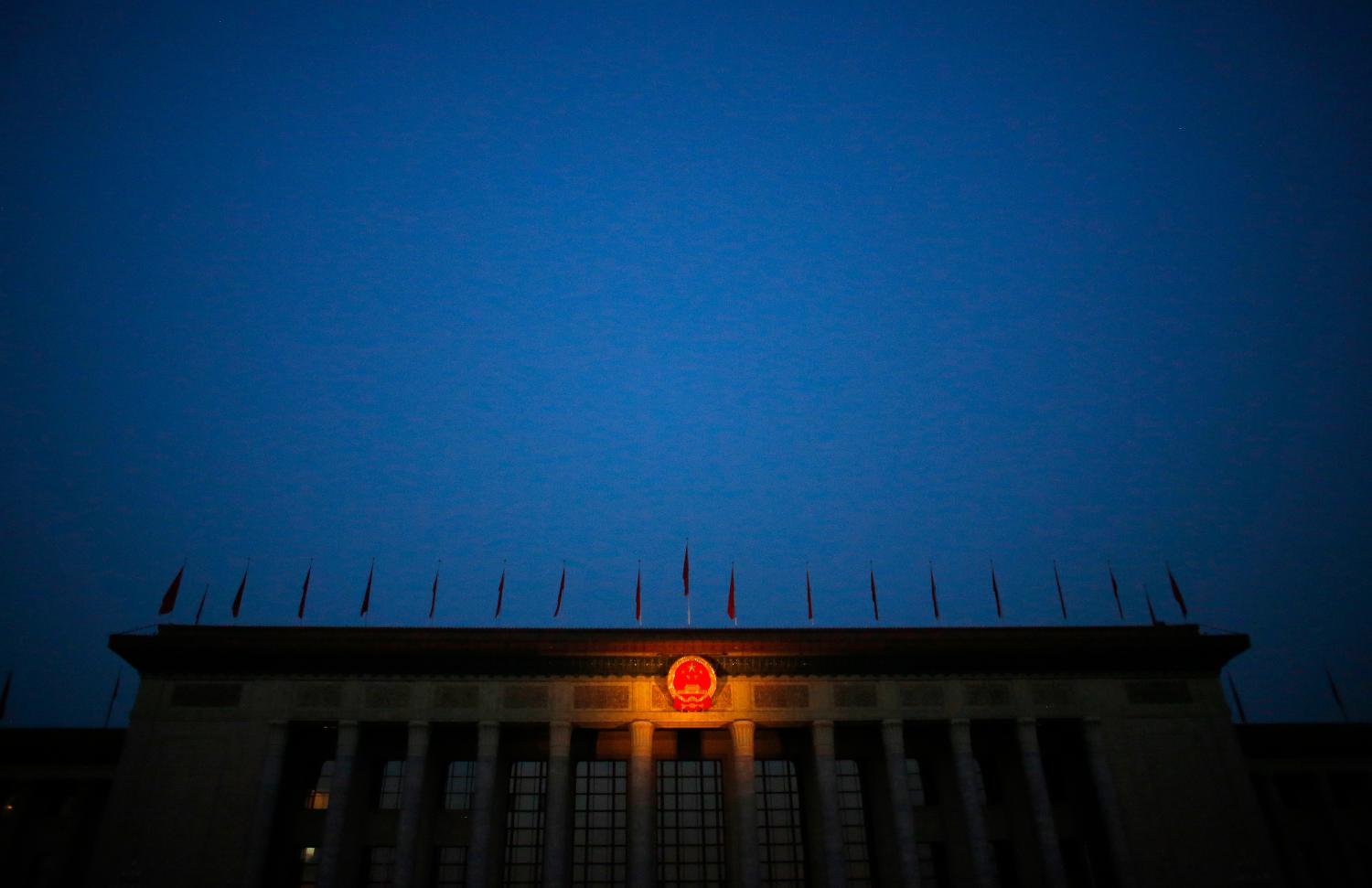Executive Summary
 Ongoing disagreement between China and Taiwan about the desirability of unification and intensified competition between the United States and China are pressurizing the three-way relationship. If the United States is to maintain a constructive role in preventing the outbreak of a cross-Strait war, it will need to implement a strategy to deter Chinese aggression against Taiwan that is consistent with U.S. interests and capabilities, and that provides clarity around the existentially important matter of preventing nuclear escalation, in the event a conflict does occur. The inclusion in the 2022 U.S. National Defense Strategy of the concept of “integrated deterrence” is a sensible approach to doing so. It can be enhanced by: reaffirmation of the U.S. One-China policy; investment in conventional capabilities suited to the geography of the Western Pacific and resilient to China’s military concept of systems warfare; clear signaling about the economic and political consequences of aggression against Taiwan; and decreasing U.S. domestic vulnerabilities to Chinese embargoes and cyber attacks.
Ongoing disagreement between China and Taiwan about the desirability of unification and intensified competition between the United States and China are pressurizing the three-way relationship. If the United States is to maintain a constructive role in preventing the outbreak of a cross-Strait war, it will need to implement a strategy to deter Chinese aggression against Taiwan that is consistent with U.S. interests and capabilities, and that provides clarity around the existentially important matter of preventing nuclear escalation, in the event a conflict does occur. The inclusion in the 2022 U.S. National Defense Strategy of the concept of “integrated deterrence” is a sensible approach to doing so. It can be enhanced by: reaffirmation of the U.S. One-China policy; investment in conventional capabilities suited to the geography of the Western Pacific and resilient to China’s military concept of systems warfare; clear signaling about the economic and political consequences of aggression against Taiwan; and decreasing U.S. domestic vulnerabilities to Chinese embargoes and cyber attacks.
Introduction
China’s economic and military rise is changing geopolitics globally. No region is either immune to or insulated from the push-and-pull between China’s growing role in international politics and U.S. wariness about it. Nowhere, however, are these dynamics emerging as quickly or as dangerously as they are in East Asia itself, and in particular in the already delicate politics of the relationships among China, Taiwan, and the United States. The combination of China’s desire to expand its influence, the U.S. desire to maintain its own, and Taiwan’s history, international aspirations, and role in the global economy makes the island’s status an especially contentious and combustible issue.
Ongoing disagreement between China and Taiwan about the desirability of unification and intensified competition between the United States and China are pressurizing the three-way relationship. If the United States is to maintain a constructive role in preventing the outbreak of a cross-Strait war, it will need to implement a strategy to deter Chinese aggression against Taiwan that is consistent with U.S. interests and capabilities, and that provides clarity around the existentially important matter of preventing nuclear escalation, in the event a conflict does occur. Some prevalent thinking in the United States today errs in believing either that U.S. conventional military supremacy in and around Taiwan can be realistically restored to what it once was, or that threats of nuclear escalation could be wisely employed by Washington in the event of a serious crisis.1 The United States also remains too slow to improve its own resilience against possible Chinese economic, cyber, and/or military attack.
-
Acknowledgements and disclosures
Lori Merritt edited this paper and Rachel Slattery provided layout.
-
Footnotes
- Richard Haass and David Sacks, “American Support for Taiwan Must Be Unambiguous,” Foreign Affairs, September 2, 2020, https://www.foreignaffairs.com/articles/united-states/american-support-taiwan-must-be-unambiguous.
The Brookings Institution is committed to quality, independence, and impact.
We are supported by a diverse array of funders. In line with our values and policies, each Brookings publication represents the sole views of its author(s).








